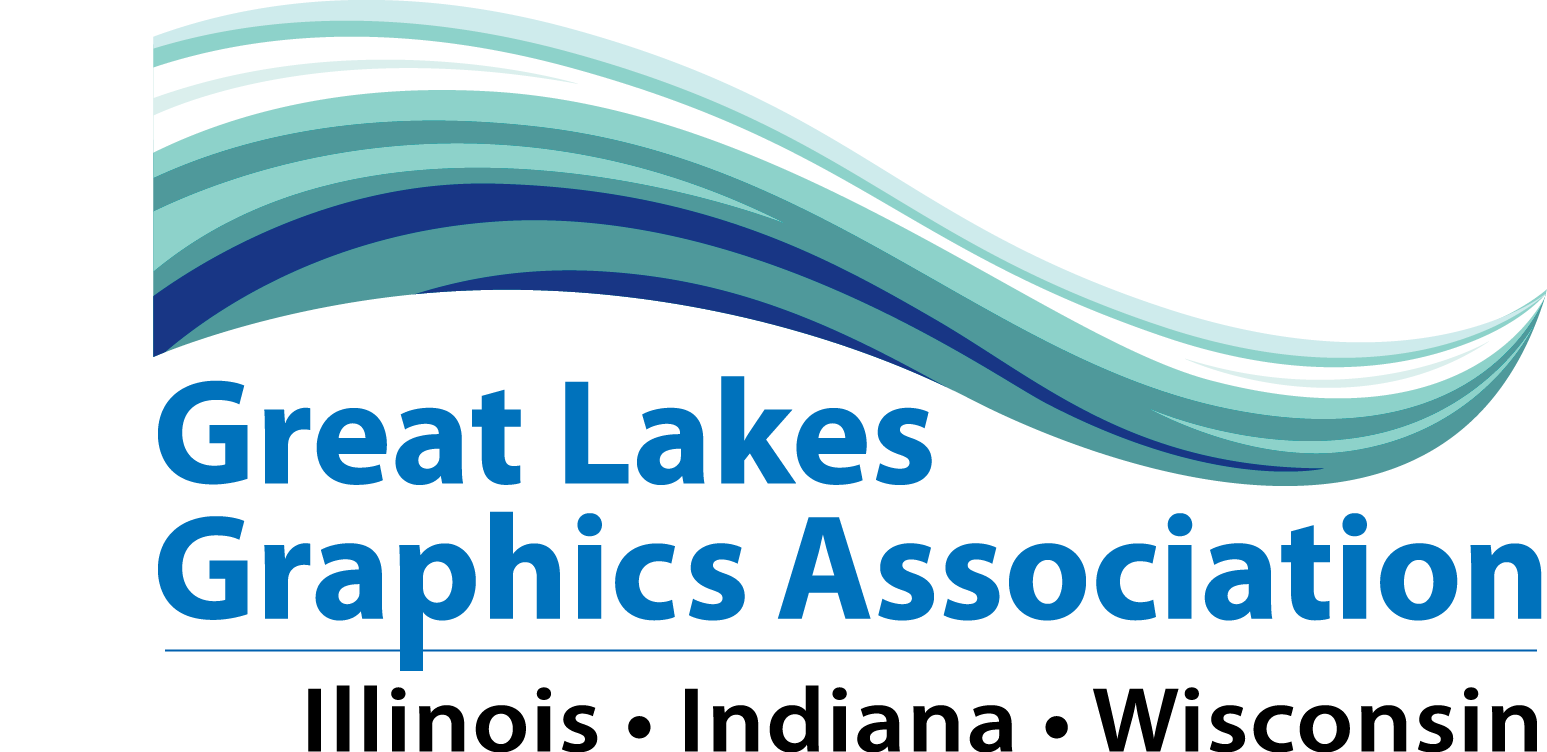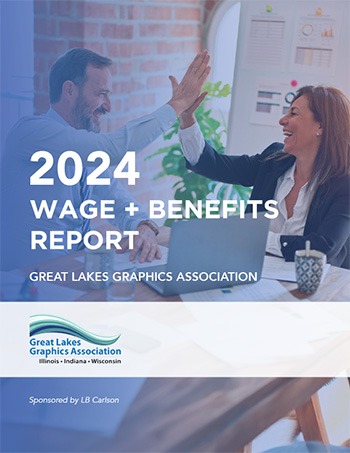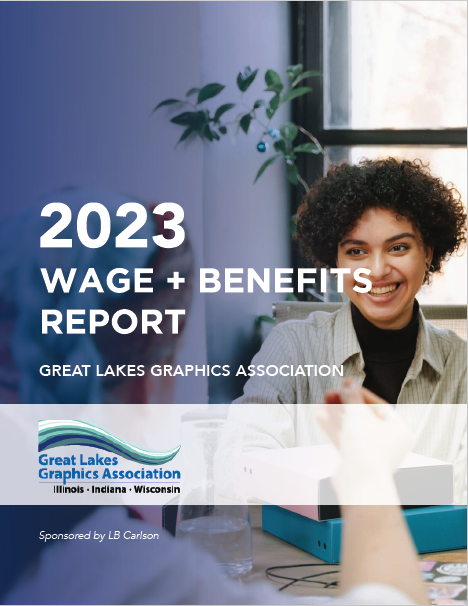GLGA Member Question – Purchasing from an Overseas Company
We are considering purchasing a machine from an overseas company that we haven’t done business with before. If you have made such a purchase, how did you go about safeguarding your company during the transaction? What resources did you use to check them out and to handle an expensive purchase?
Often you will see a variety of payment terms that both parties will find acceptable such as 10% paid at time of order 80% paid at time of delivery and 10% paid 60 days after equipment running. If you can’t get comfortable with the company and the terms of the contract, you can also use a Standby Letter of Credit. Standby Letters of Credit are issued by most larger institutions and serve as an intermediary to make sure the transaction is completed to the satisfaction of both parties. There will be a cost to this but that cost is usually worth the peace of mind.
We hired Dutch Graphic Trade out of the Netherlands to inspect a machine. I would recommend them as a reputable supplier who provided thorough and detailed reports to us .
We went through an American equipment broker for our foreign machine.
We purchased a printing press from Latvia, the process took a few months and we had local attorneys connect with Latvian attorney for the financial portion using escrow accounts for periodic payments. We also contract the equipment manufacturer to visit location and audit equipment and condition. Depending on the equipment and the condition it can be more or less complicated. Note that most overseas equipment will need to be retrofitted to U.S. electrical requirements and a U.L. approval may be needed for insurance reasons.
The US Commercial Service (part of the Commerce Department) has offices in many foreign jurisdictions and will run a background check, including personal interviews and provide a report. In addition, the Commercial Services Group of the International Chamber of Commerce will run a report (for a fee) on financial creditworthiness and legitimacy, but operates primarily in Europe and South America.
Probably the most important thing we have learned is to make sure that machines are manufactured to the OSHA and ANSI requirements and your local laws.
We were given the option of purchasing in US$ or Euros. We chose US$, to eliminate currency risk over the life of the acquisition/installation.
GLGA members may download the complete compilation of answers from the Members Only area of this website.


